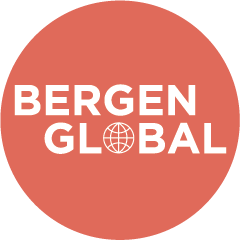Citizenship by the People?
What are the different practices of citizenship in repressive political regimes and post-authoritarian regimes, and how do people negotiate their relationship with the state?

Main content
Citizenship, with its legal elements as well as formal and informal practices, signifies and outlines relationship between the state and society. Different political regimes allow for different practices and experiences of citizenship and, although citizenship might appear as something static and fixed, it is constantly re-negotiated as spaces of and for citizenship are both expanding and shrinking.
Reports highlighting the increase of autocratic and repressive regimes worldwide raise concerns regarding the decline of political rights and enclosures of spaces for political action. At the same time, largescale political protests challenge the authorities in instances where they seem to be losing their legitimacy and people´s trust.
What kind of political actions do people engage in under authoritarian regimes? Is there a space for resistance and maneuvering under strongly repressive regimes? What happens in the moments of failing state legitimacy?
The conversation will explore how people maneuver changing landscapes and relations with the state by drawing on examples from Qatar, Egypt and Georgia. The panel will look at how people engage in symbolic resistance under repressive regimes and their engagement in the cases where the state fails to represent the people.
Panel:
Mari Norbakk (CMI)
Giorgi Cheishvili (Tbilisi State University)
Elina Troscenko (GRIP/UiB).
You can join the conversation on-site at Bergen Global (Jekteviksbakken 31) or on Zoom. Breakfast will be served.
The event is organised in collaboration with GRIP (Global Research Programme on Inquality).
